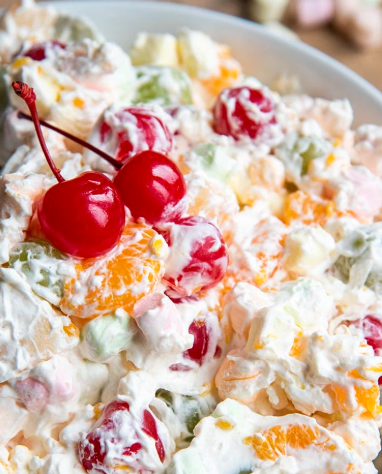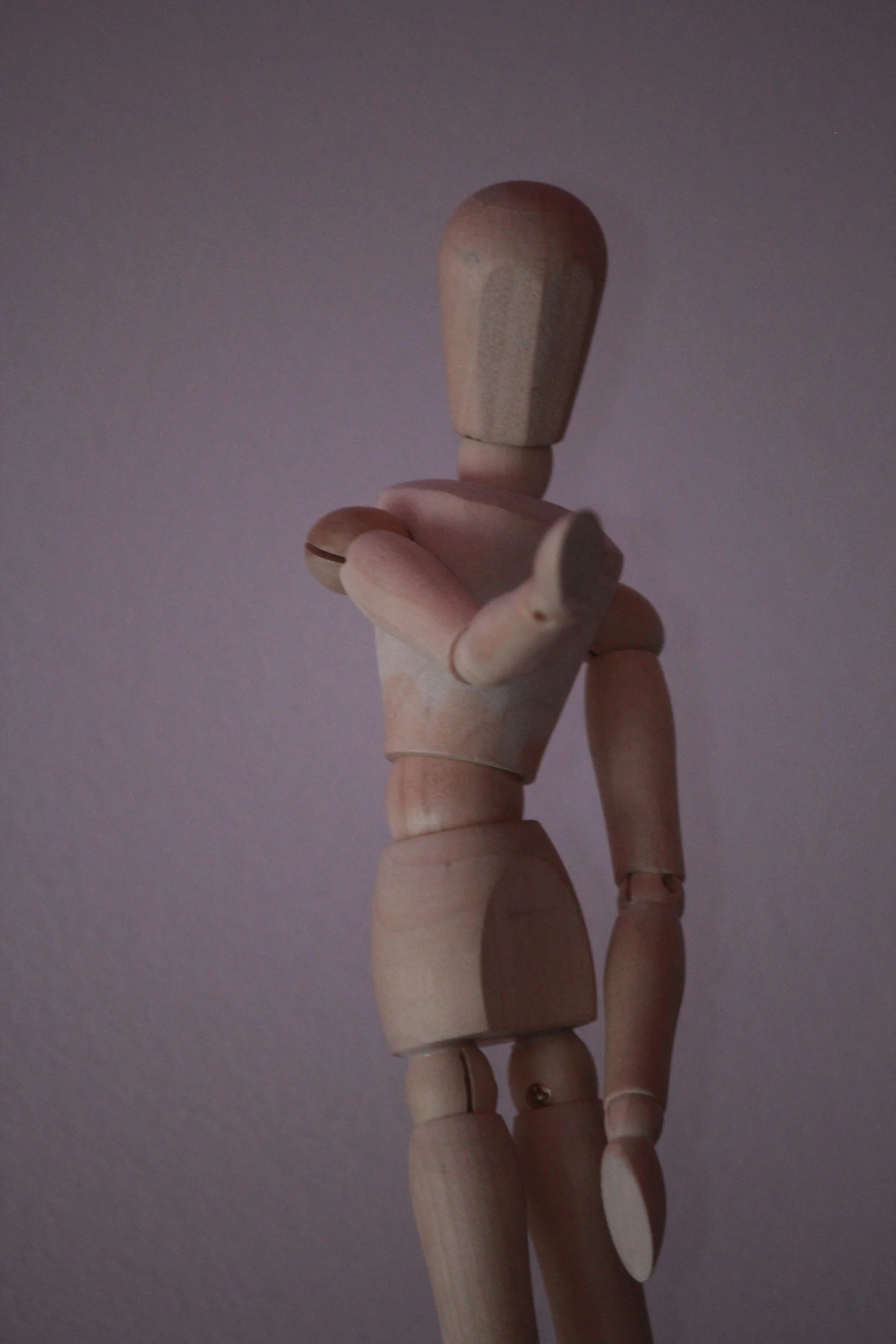Trust
When I was eight years old, many decades ago now, I learned there were different kinds of dirty. We were new to the mountains, my family and I, renting a cabin at a small, rustic resort where the ghost town of Bakerville used to be, near Loveland Pass. Down the creek a ways, lived an old man we called Pops. At least we thought of him as old, with his pudgy frame, poorly shaved face, saggy skin, and well-worn clothes. Pops would come around to the picnic area and play his harmonica for my brother, sister, and me. He would also perform magic tricks and give us silly names. Stump-a-Doodle-and-Bunch was one. He made us laugh as he entertained and teased us. We liked and trusted him because he seemed to care about us.
One day, I forget just why, I walked alone down the creek path that went past Pop’s cabin. Lined by a pristine forest of spruce and fir, the creek burbled and rushed along, accompanying the magpies and blue jays offering observations on the day. Over the cacophony, I heard someone call my name and looked up to see Pops sitting on his porch waving to me. I climbed up the short hill to say hello, and he invited me in. I’d never been in his cabin, and I went readily, hoping he would do some magic tricks or invent a new nickname for me.
But that’s not what happened.
Instead of showing me how to pull a coin from behind my ear or tell me which card I’d picked from the deck, he posed a strange question.
“Carol, would you like to help me feel better?”
Concerned and puzzled, I nodded yes. I couldn’t imagine how I could possibly help Pops feel better. He didn’t seem sick to me. He seemed the same as always.
“Will you take off your dress and lie down for a rest with me?”
I looked down at my pale-yellow dress with white rick-rack around the sleeves and neckline. My mother had made it, and it was one of my favorites. I thought about his request. I felt funny, uneasy, but I thought that if he asked, it must be something I should do. I was an obedient child.
Time has erased most of the details of what came next, but nothing can erase my shock at seeing a man naked. Nor how he took my hand to make me touch a flaccid part of his body that I hadn’t known existed. And not how I felt the small, cluttered, one-room dwelling closing in on me.
Afterwards, as I pulled on the pale-yellow dress, a bit of the rick-rack rubbed against my skin, making me shudder. I wanted to flee, but Pops insisted on giving me milk and cookies. Through my dazed state, I noticed filmy streaks on the glass he filled with milk. I didn’t want to drink from a glass that looked dirty, and especially not one this man, who now seemed a soiled stranger, had touched, but I worried that he would get angry if I didn’t. I drank the milk and, as soon as I could, I left him and his cabin.
Back in safety with my mother and siblings, I wanted to forget Pop’s hands on me. It seemed wrong, but if it was wrong, I didn’t know why Pops would ask me to do it. Yet I couldn’t lose the feeling that I’d done something bad, even though I couldn’t say what. I couldn’t trust myself to say much at all because I didn’t understand what had happened nor why. I couldn’t tell my mother about it because I was afraid she would be angry with me; just the thought of talking about it made my stomach turn. I felt the way the milk glass looked, and I didn’t know how to change that.
For more than thirty years, I pushed that memory away. Finally, in therapy to address something else, it came up. The therapist and I explored the incident and its possible ramifications, but I soon forgot about it again. Or so I thought. Thirty years after that time and again in therapy, Pops’s groping hands resurfaced. Deep down, it seemed he had been haunting me all along, making it difficult to completely trust a relationship with a man, especially when trying to cultivate an intimate one. The new therapist suggested I visualize a maximum-security prison where I could lock Pops up and throw the key away. Although I doubted doing that would work when my earlier efforts hadn’t, I took her suggestion. I visualized him clearly and locked him up in Super Max, then tossed that key down a well. I was surprised by the great, rushing sense of relief and freedom that washed over me.
But was it really that simple? I knew the damage that had been done. I knew I wouldn’t get to go back to a time before it had happened. But it was clear how what had happened had affected me in deep and profound ways, ensuring that I not allow myself to be vulnerable. And, in retrospect, I saw how difficult it had always been for me to trust someone close to be who they seemed to be. Yet, thanks to the good work the second therapist and I did together, I did finally come to realize I could have some say in how our experiences shape us. Of course I understood I couldn’t erase what had happened all those years ago, but through that visualization, of locking the old man up and throwing the key down that well, I gained some reassurance and a needed sense of confidence.
These decades later, here I sit in a cabin nestled in the primordial mountain Wet Mountains, one-hundred-sixty miles from Pop’s old cabin, holding a glass streaked by years of hard water. Pop must have died many years ago, yet his legacy of trust betrayed took most of a lifetime to wane, just as the once rugged peaks surrounding me today took millennia to wear down to their now more gentle silhouettes. I look at the streaked glass in my hand, having learned that it’s the minerals in the hardwater that cause those streaks. And unlike that glass I held all those years ago, I know I can trust this one. I can relax and enjoy the taste of clean, refreshing mountain water.
-Carol Ann Wilson
An educator for more than four decades, Carol Ann Wilson’s work with public schools and higher education institutions focused on issues of democracy and social justice, as did her writing. When she turned to creative nonfiction, her first book, Still Point of the Turning World: The Life of Gia-fu Feng, won Foreword Review’s Book of the Year Award. Her essays have appeared in Under the Gum Tree, The Write Launch, bookscover2cover, Wrath-Bearing Tree and Unlimited Literature. Carol lives and writes in Boulder, Colorado. For more information, please see https://carolannwilson.info







